Find Help
More Items From Ergsy search
-
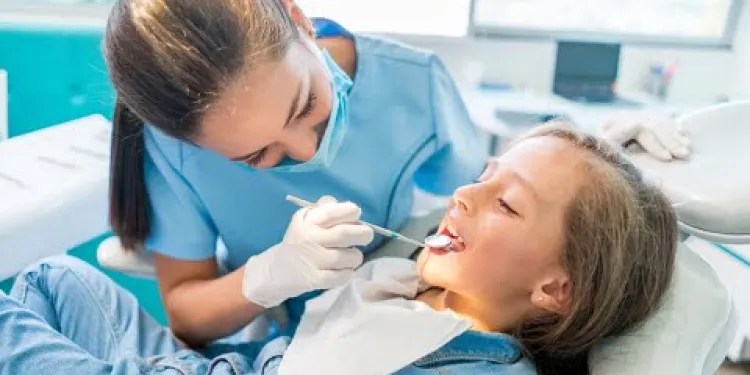
Can my child get braces on the NHS?
Relevance: 100%
-

Can I get braces through the NHS?
Relevance: 73%
-
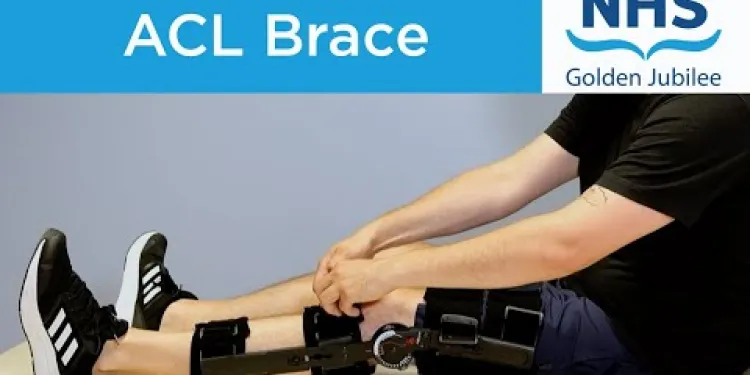
ACL Brace
Relevance: 73%
-
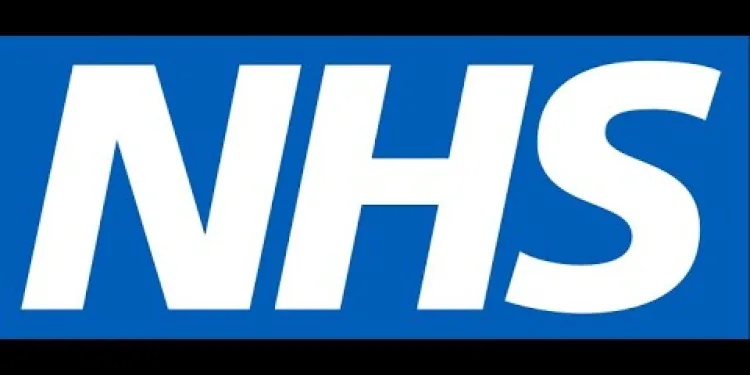
If you want NHS braces, watch this!
Relevance: 63%
-
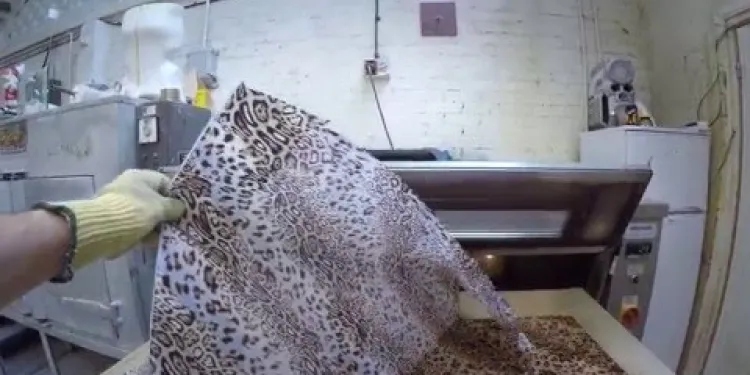
Making a spinal brace for a scoliotic patient at the RNOH
Relevance: 62%
-
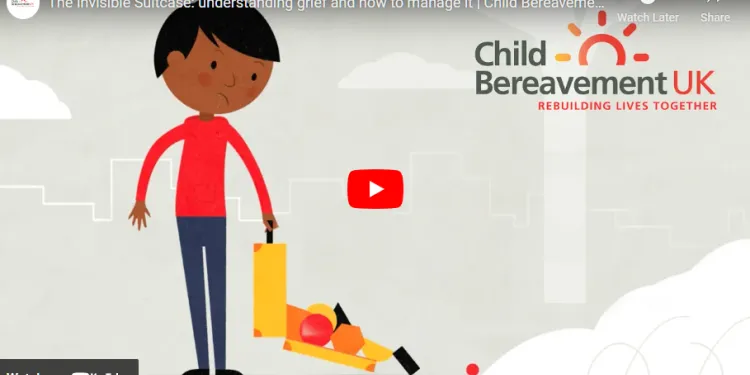
Child Bereavement
Relevance: 43%
-
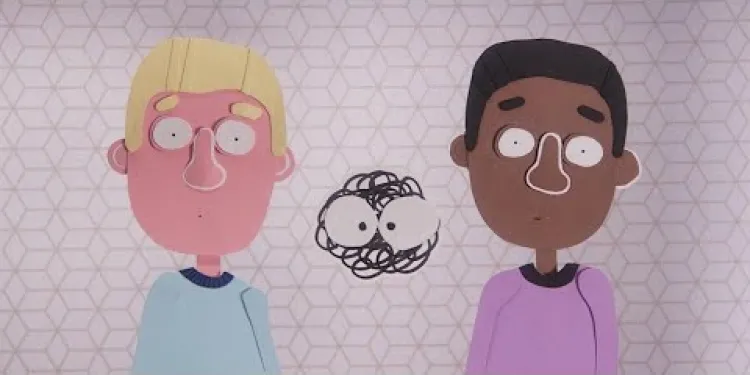
My Stammering Child
Relevance: 43%
-
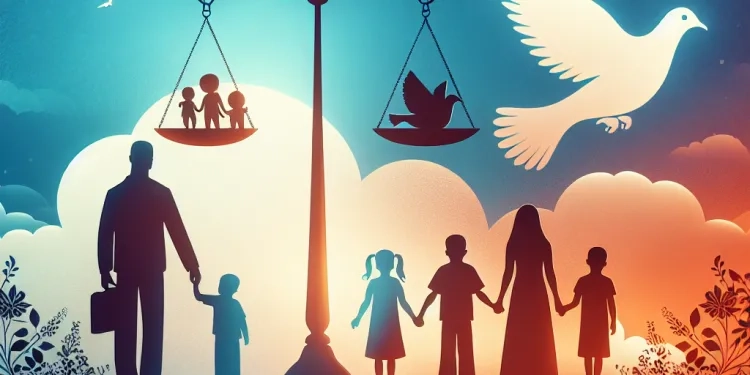
Navigating Child Custody Laws in the UK
Relevance: 39%
-
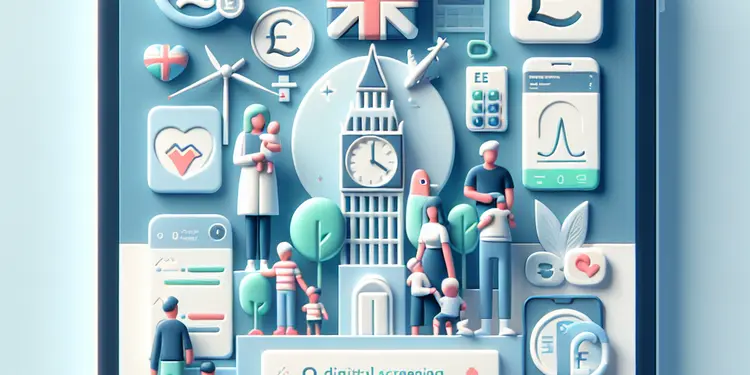
Is screening painful or risky for my child?
Relevance: 39%
-
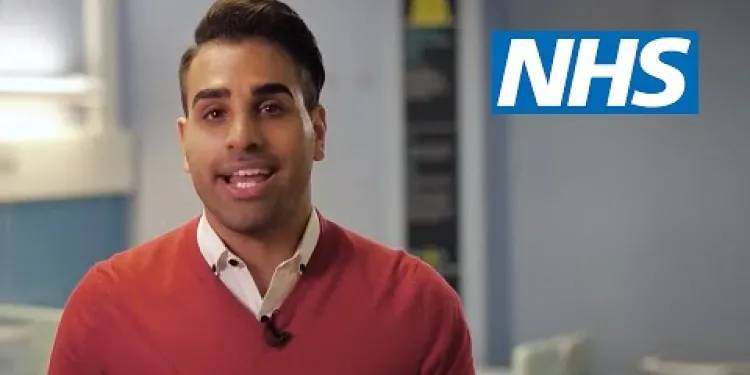
Caring for a child with fever | NHS
Relevance: 39%
-
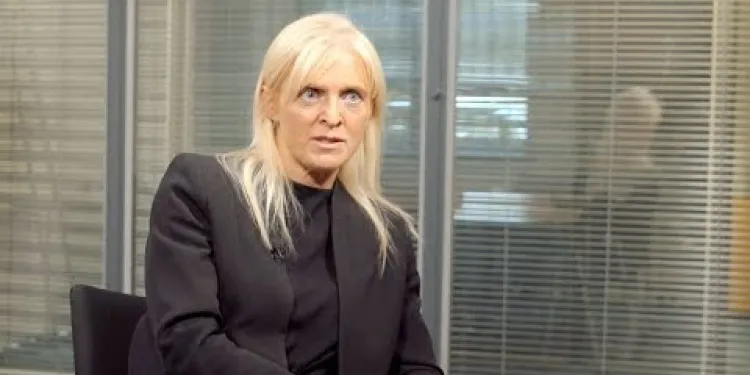
Child Care Proceedings | Family Law
Relevance: 38%
-
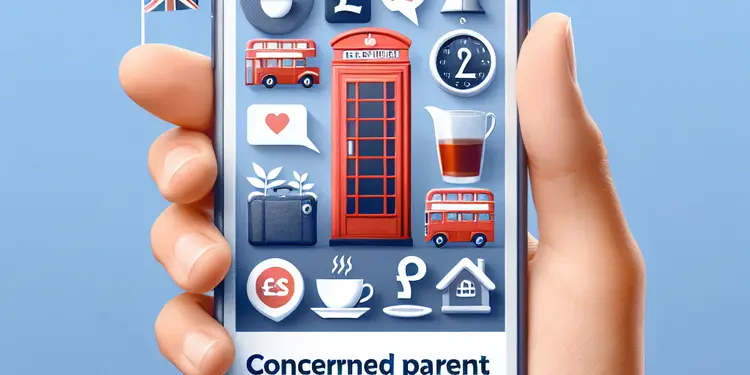
What should I do if I suspect my child is being groomed?
Relevance: 37%
-
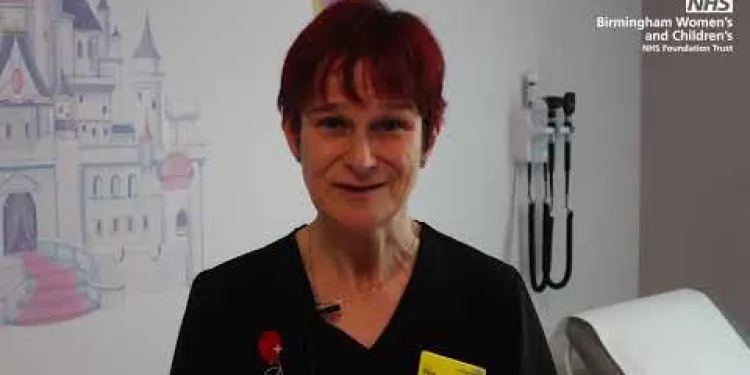
My child has vomiting and diarrhoea - what do I do?
Relevance: 37%
-
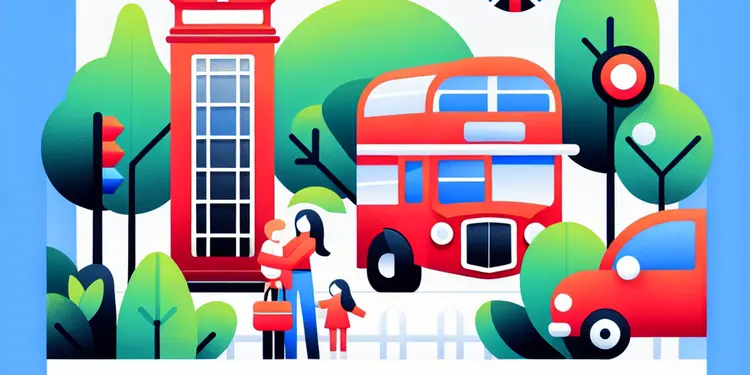
How can I tell if my child is being groomed?
Relevance: 37%
-
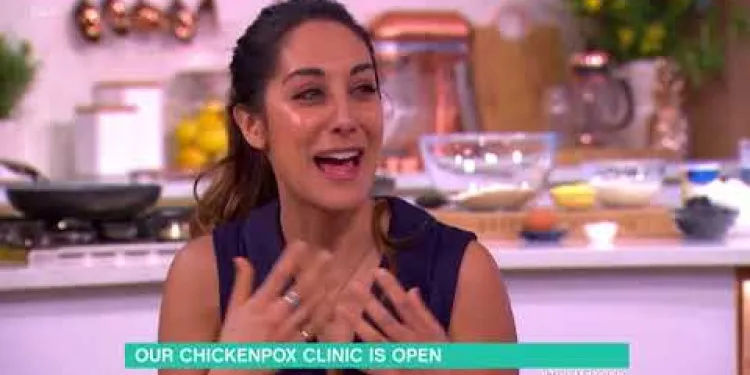
How to Keep a Child With Chickenpox Comfortable
Relevance: 36%
-
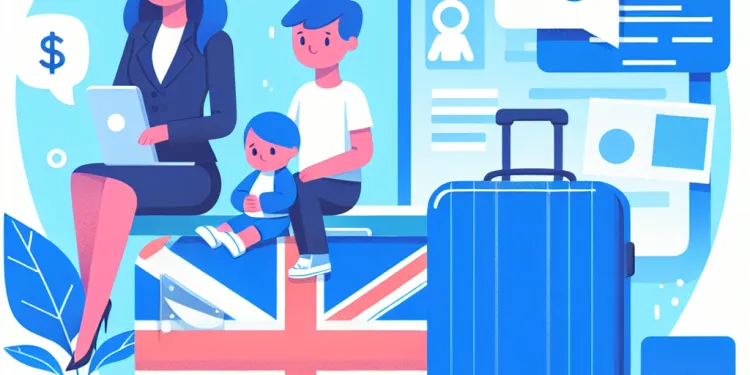
Navigating Child Custody and Visitation Rights in Modern UK
Relevance: 36%
-
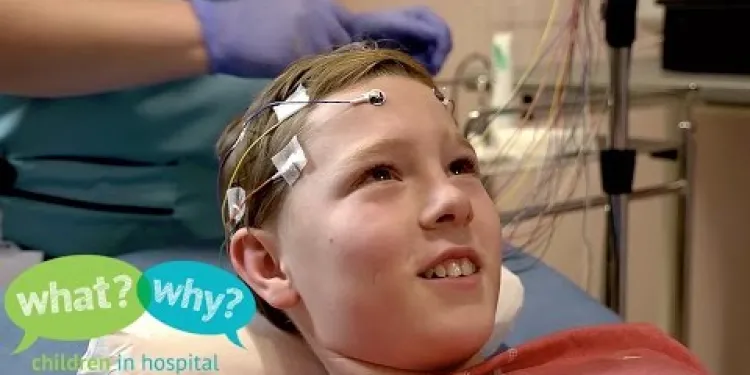
What happens when my child has an EEG?
Relevance: 36%
-
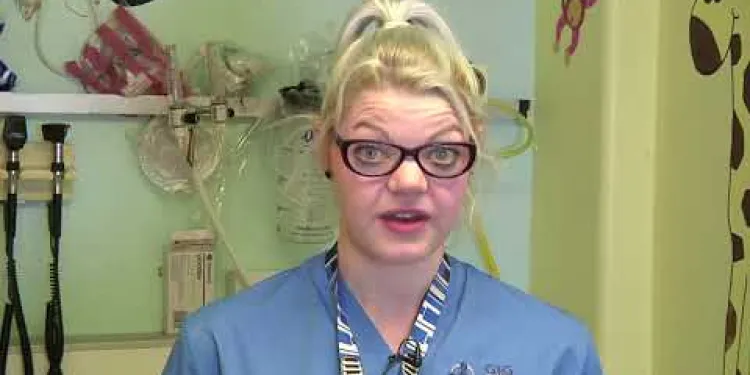
Advice if your child has... A High temperature
Relevance: 35%
-

What happens if my child's screening results are positive?
Relevance: 35%
-
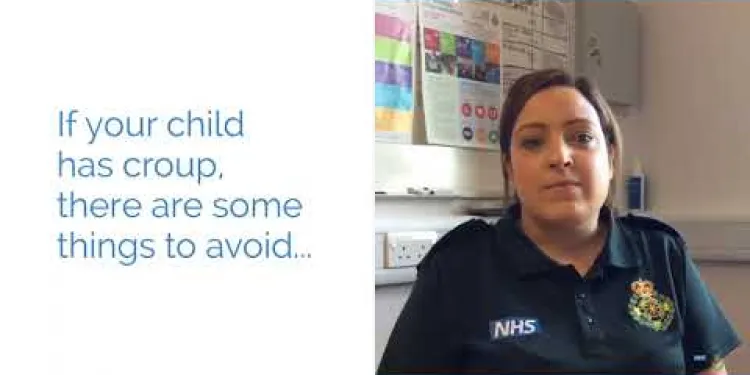
What to do when your child has... croup
Relevance: 35%
-
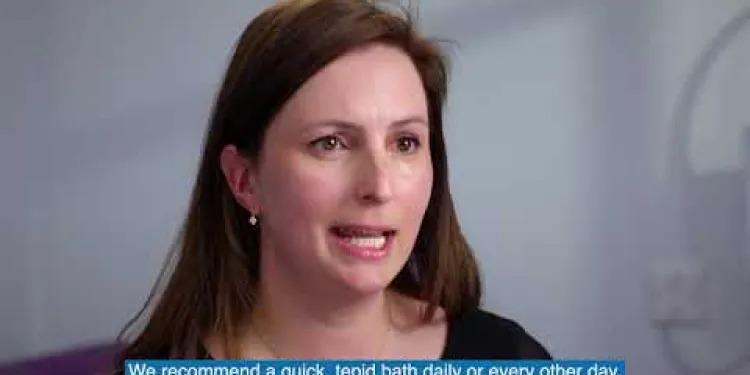
Managing and treating your child's eczema
Relevance: 35%
-
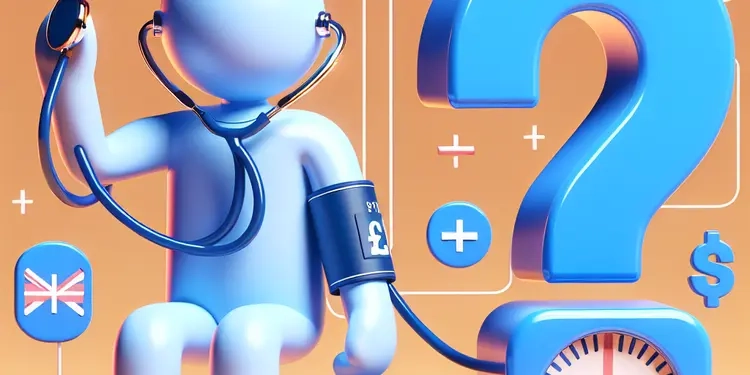
Should I test my child for high blood pressure?
Relevance: 35%
-

Stammering myth 4: You should ignore a child's stammer
Relevance: 35%
-
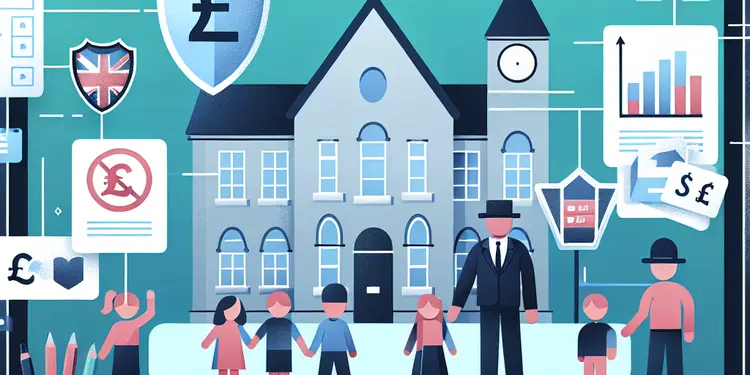
How can I educate my child to recognize grooming behaviors?
Relevance: 34%
-
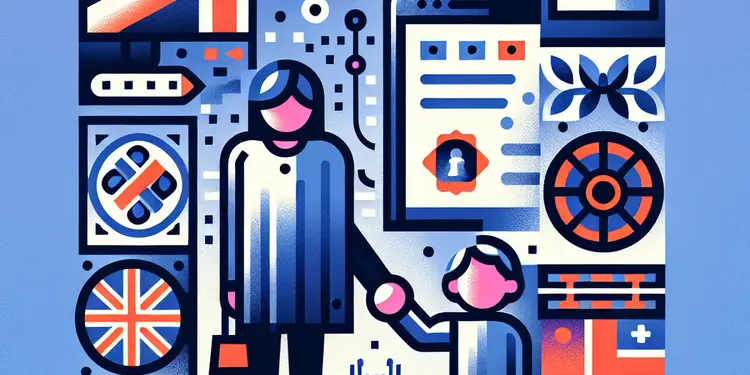
Should I limit my child's internet usage to prevent grooming?
Relevance: 34%
-
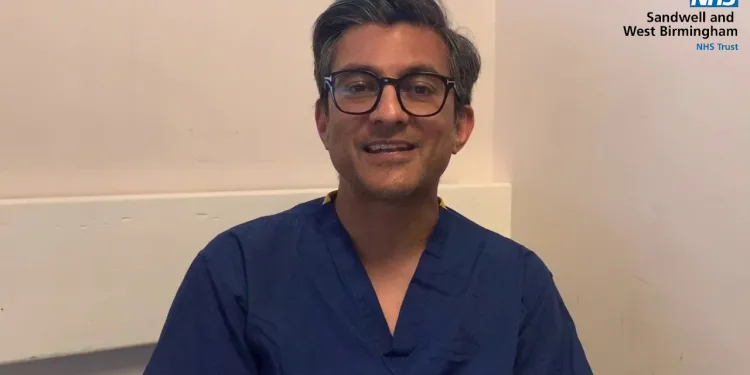
Eczema - Your child's appointment | Dermatology | Paediatrics
Relevance: 34%
-
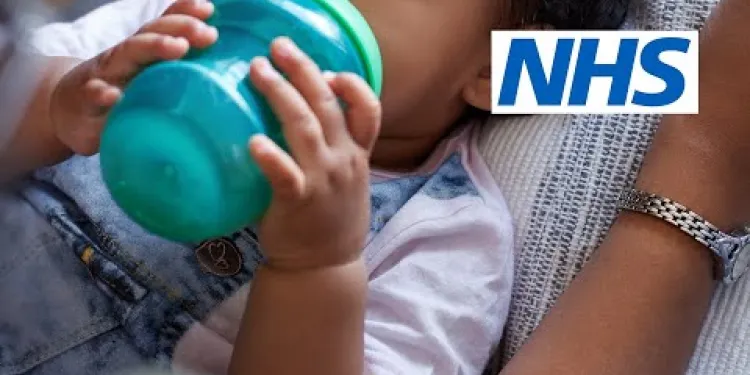
How do I treat my child's cold? (9 - 30 months) | NHS
Relevance: 34%
-

What are the common signs that a child might be a victim of grooming?
Relevance: 34%
-
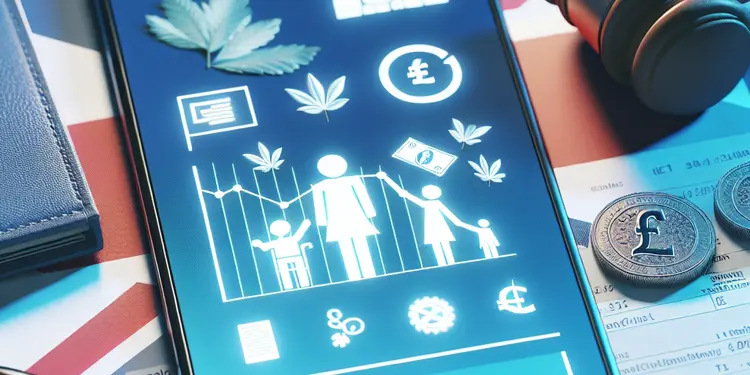
How have child custody laws changed in 2026?
Relevance: 34%
-

Understanding Parental Rights in Light of New UK Child Protection Legislation
Relevance: 34%
-

How does self-esteem affect a child's susceptibility to grooming?
Relevance: 34%
-
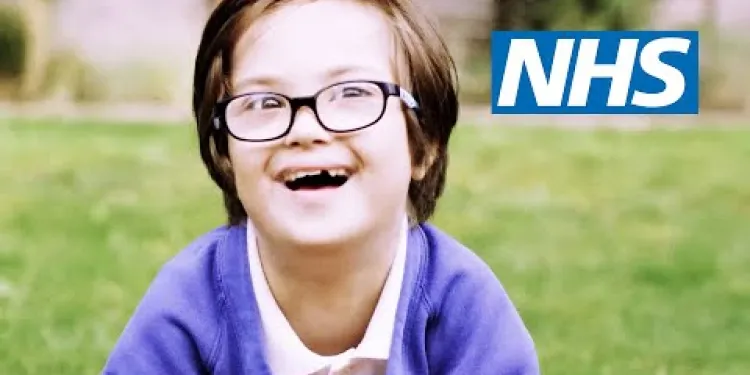
Having a child with Down's syndrome | NHS
Relevance: 34%
-
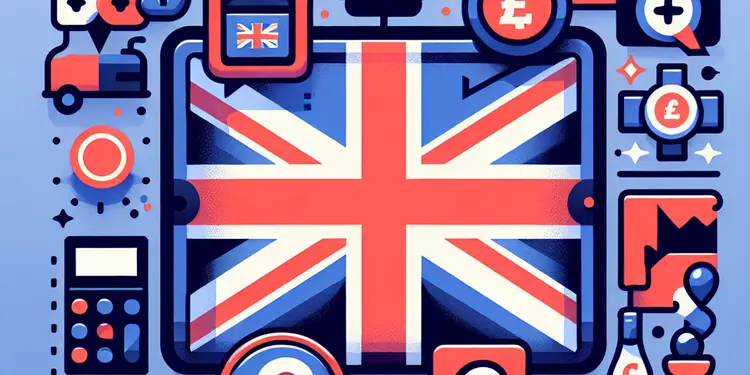
How often should screening be conducted if my child is at risk?
Relevance: 33%
-

Campaigners Urge Review of Child Benefit Rates in Light of Inflation
Relevance: 33%
-
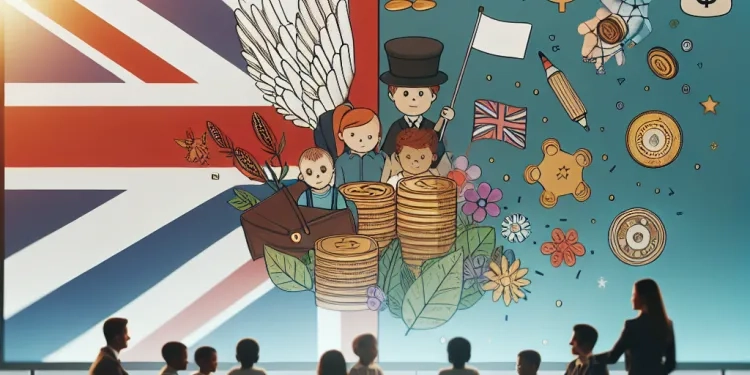
Three-year limit for child sexual abuse claims to be removed
Relevance: 33%
-
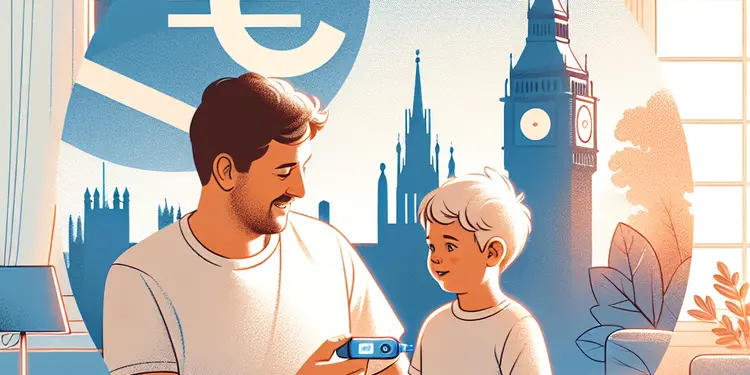
Are there any symptoms of type 1 diabetes I should watch for in my child?
Relevance: 33%
-
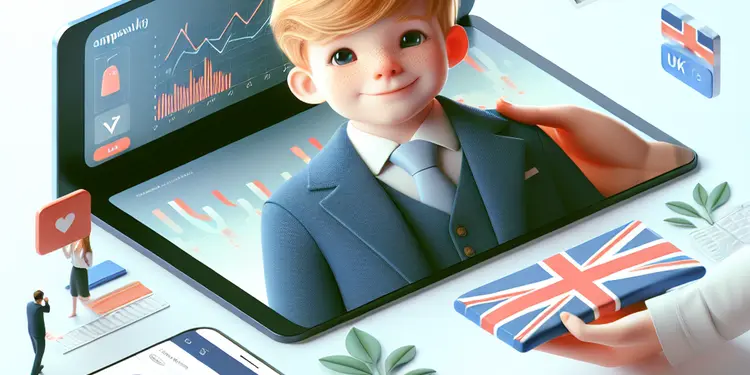
How can I build my child's self-confidence to help prevent grooming?
Relevance: 33%
-
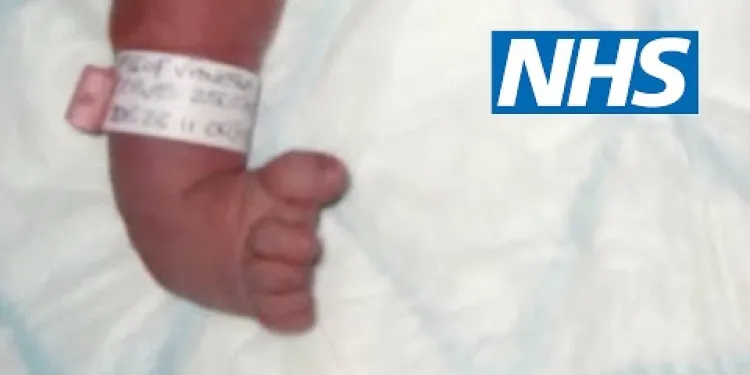
Club foot | NHS
Relevance: 33%
-
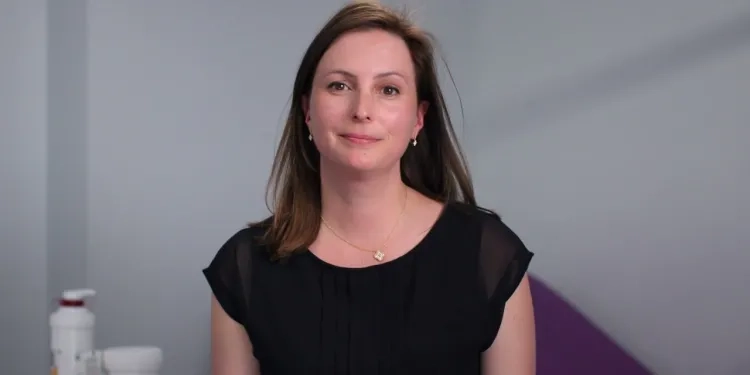
Factors that trigger eczema in your child
Relevance: 33%
-
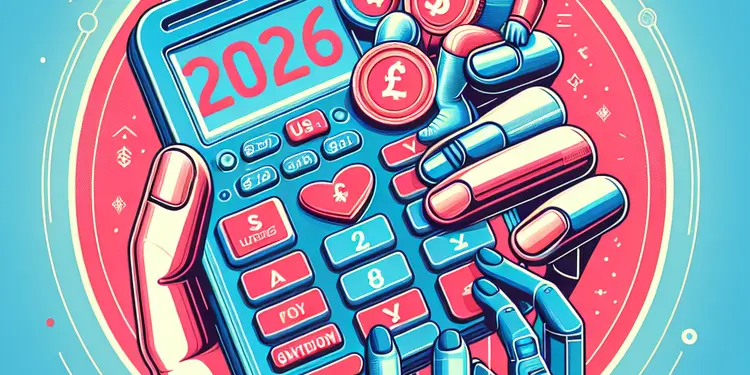
How has child support calculation been updated in 2026?
Relevance: 32%
Can My Child Get Braces on the NHS?
Eligibility Criteria
The National Health Service (NHS) in the United Kingdom provides orthodontic treatment, including braces, primarily for children and teenagers who need it for health rather than cosmetic reasons. To qualify for NHS-funded braces, your child must have a significant dental health need. The eligibility is determined using the Index of Orthodontic Treatment Need (IOTN), a scoring system that assesses the severity of dental irregularities. Generally, children need to have an IOTN score of 3.6 or higher to qualify.Assessment Process
The initial step involves a referral from your dentist to an orthodontist. During the orthodontic assessment, the specialist will examine your child’s teeth and use the IOTN to decide if they are eligible for NHS treatment. If your child qualifies, they will be placed on a waiting list. Due to high demand, waiting times can vary significantly.Types of Braces Available
The NHS typically provides fixed metal braces, which are effective for correcting a wide range of dental issues. These braces consist of metal brackets and wires that are gradually adjusted to move the teeth into the desired position. In some cases, clear or ceramic braces may be offered, but this depends on the specific treatment requirements and availability.Costs of Treatment
NHS-funded orthodontic treatment for children under 18 is free of charge. This covers the cost of braces, any necessary dental extractions, adjustments, and follow-up appointments. However, if your child does not qualify for NHS treatment, or if there are specific desired features beyond standard care, you may choose to pursue private treatment, which includes additional costs.Maintenance and Aftercare
Once your child has their braces fitted, maintaining proper oral hygiene is crucial to avoid complications such as tooth decay and gum disease. Regular brushing, flossing, and routine dental check-ups are essential. After braces are removed, your child will need to wear a retainer as prescribed to ensure their teeth remain in the correct position.Alternative Orthodontic Options
If your child does not meet the NHS criteria, you may consider private orthodontic treatment. Private orthodontists can offer a broader range of braces, including lingual braces and Invisalign, typically with shorter waiting times. However, these options come with additional costs which vary by practice and treatment complexity. By understanding the NHS eligibility criteria, assessment process, and available treatment options, you can make an informed decision about the best course of action for your child’s orthodontic needs. Always consult with your dentist or orthodontist to explore the best treatment plan for your child's specific situation.Can My Child Get Braces on the NHS?
Who Can Get Braces?
In the UK, the National Health Service (NHS) can give braces to kids and teens who need them for health reasons, not just to look nicer. To get braces from the NHS, your child's teeth need to have a big problem. Dentists use a system called the Index of Orthodontic Treatment Need (IOTN) to decide how bad the problem is. Usually, your child needs an IOTN score of 3.6 or more to get braces from the NHS.How Do They Decide?
First, your child's dentist will send you to see a braces doctor, called an orthodontist. The orthodontist will look at your child's teeth and use the IOTN to check if they can get braces from the NHS. If they can, your child will be put on a waiting list. Because lots of people need braces, the wait might be long.What Kinds of Braces Are There?
The NHS usually gives metal braces that are stuck to the teeth. These work well for many tooth problems. These braces have metal parts that slowly move the teeth to the right spot. Sometimes, see-through or special braces may be available, but this depends on what your child needs and what is available.How Much Does It Cost?
If your child is under 18 and gets NHS braces, it won't cost you anything. This includes the braces, taking out any teeth if needed, adjustments, and visits to the dentist. If the NHS can’t help and you want extra things the NHS doesn't pay for, you might need to pay for private treatment. Private treatment costs more money.Taking Care of Braces
When your child has braces, they need to keep their teeth clean. This means brushing, flossing, and seeing the dentist regularly. This helps stop tooth problems. After the braces come off, your child has to wear a retainer. This keeps their teeth in the right place.Other Choices If NHS Braces Aren’t Available
If the NHS can't help, you can look into private orthodontists. They offer more kinds of braces, like ones that go behind the teeth or clear aligners like Invisalign. Private care usually has shorter waiting times but costs more. Understanding how NHS braces work and what choices you have helps you decide what's best for your child's teeth. It's important to talk to your dentist or orthodontist to find the right plan for your child.Frequently Asked Questions
Can my child get braces on the NHS?
Yes, your child can get braces on the NHS if they have a clinical need for orthodontic treatment. The treatment is free for children under 18.
At what age can my child get braces on the NHS?
Children can be considered for NHS braces typically from the age of 12 onwards, when most of their adult teeth have come through.
What type of braces are available on the NHS?
On the NHS, metal fixed braces are the most common type provided. Other types, such as clear braces or removable aligners, are usually not covered.
How do I know if my child is eligible for NHS braces?
Eligibility is determined by an orthodontist using the Index of Orthodontic Treatment Need (IOTN). Your child must score a certain level on this index to qualify for NHS treatment.
What is the Index of Orthodontic Treatment Need (IOTN)?
The IOTN is a scoring system used by orthodontists to determine the need for treatment based on the severity of the dental irregularities.
How long will my child have to wait for NHS braces?
Waiting times can vary significantly depending on your location and the demand for orthodontic services. It can range from a few months to over a year.
Are there alternatives if my child doesn't qualify for NHS braces?
Yes, if your child doesn't qualify for NHS braces, you can opt for private treatment. Private treatment offers more options but will incur costs.
Do I need a referral from my dentist for my child to get NHS braces?
Yes, typically, you will need a referral from your general dentist to see an orthodontist for NHS treatment.
Will the NHS cover the entire cost of my child's orthodontic treatment?
Yes, if deemed necessary, the NHS will cover the entire cost of your child's orthodontic treatment.
Can my child get NHS braces for cosmetic reasons?
NHS braces are not provided for purely cosmetic reasons. There must be a clinical need for the treatment.
What happens during the initial consultation with the orthodontist?
During the initial consultation, the orthodontist will assess your child's teeth and bite, and discuss whether treatment is necessary and what type may be suitable.
How often will my child need to visit the orthodontist during treatment?
Your child will typically need to visit the orthodontist every 6-8 weeks for adjustments and to check the progress of the treatment.
Can I appeal if my child is not considered eligible for NHS braces?
If you disagree with the orthodontist's assessment, you can seek a second opinion or appeal through your local NHS trust.
Will there be any cost if my child loses or damages their braces?
There may be a charge if your child loses or damages their braces, so it's important they take care of them.
What should my child do if they experience pain or discomfort with their braces?
It's common to experience some discomfort initially. If the pain is severe or persists, you should contact the orthodontist for advice.
Can my child get free braces from the NHS?
Braces help to make teeth straight.
Your child might get free braces from the NHS if:
- Their teeth are not straight.
- It is hard for them to chew.
- The dentist says they need braces.
Here are some tips to help:
- Ask your dentist if your child needs braces.
- Keep going to dental check-ups.
- The dentist will decide if braces are needed.
Remember: The NHS can give braces for free if there is a good reason.
Need help?
Talk to your dentist for advice.
Yes, your child can get braces for free if their teeth need fixing. The NHS will help children under 18.
When can my child get braces for free on the NHS?
Your child might get braces for free from the NHS if they need them. This usually happens when they are growing up. Most children get braces between ages 10 and 14.
Tools to help:
- Use a calendar to keep track of your child's dental checkups.
- Ask your dentist for advice about when to get braces.
- Look for books with pictures that explain braces to children.
Children can get braces on the NHS when they are about 12 years old. This is because most of their adult teeth have usually grown in by then.
What types of braces can you get from the NHS?
Here is some simple information about braces you can get on the NHS. Braces help straighten your teeth.
1. Metal Braces: These are the most common. They are strong and work well.
2. Clear Braces: These look less visible on your teeth but might not be available for everyone.
3. Removable Braces: You can take these out, but they are used for less severe problems.
If you have trouble reading, ask someone you trust to read it out loud with you. You can also use a tool that reads text aloud, like text-to-speech apps. This can help you understand better.
On the NHS, most people get metal braces. These braces stay on your teeth. Other types, like see-through braces or ones you can take out, usually aren't paid for by the NHS.
How can I find out if my child can get NHS braces?
Here is how you can check if your child can get braces from the NHS:
- Visit the Dentist: Take your child to see a dentist. The dentist will look at your child's teeth and decide if they need braces.
- Ask Questions: Feel free to ask the dentist if NHS braces are an option for your child.
- Use the Internet: You can also look on the NHS website for more information about braces for children.
Remember, the dentist is there to help. If you have any worries or questions, just ask them. They will help you understand what will happen next.
A special dentist called an orthodontist checks if your child can get free braces from the NHS. They use a list called the Index of Orthodontic Treatment Need (IOTN) to see if your child needs help with their teeth. Your child's score on this list must be high enough to get free treatment.
What is the Index of Orthodontic Treatment Need (IOTN)?
The Index of Orthodontic Treatment Need, or IOTN, is a way to see if someone needs braces. Braces are things that help straighten teeth. Dentists use IOTN to check if teeth need help.
If you have trouble reading, you can ask a friend to help you. You can also use tools that read text out loud. It's okay to ask for help!
The IOTN is a way that dentists use to see if someone needs braces or other teeth help. It shows how uneven or crooked the teeth are.
How long will my child wait for NHS braces?
Here is a simple question: "How long will my child wait for NHS braces?"
Zoya wants to know how much time it takes for her child to get braces from the NHS.
Getting braces can take time. Your child might wait a while before they can get them.
If you need help understanding this, you can ask a friend, family member, or teacher.
You can also use pictures or videos to help explain it more.
How long you wait can be very different based on where you live and how many people need braces. It might be just a few months, or it could take more than a year.
What can I do if my child can't get NHS braces?
Yes, if your child can't get free braces on the NHS, you can choose to pay for private treatment. Private treatment gives you more choices, but you will have to pay for it.
Does my child need a letter from the dentist to get braces with the NHS?
Yes, you usually need your regular dentist to tell you to see an orthodontist for NHS treatment.
Will the NHS pay for all my child's braces?
Yes. If the NHS thinks your child needs it, they will pay for all of the treatment to help straighten your child’s teeth.
Can my child get braces from the NHS to look better?
If your child's teeth are not straight, they may need braces. The NHS can help with braces if it is important for health.
If the braces are only to make the teeth look better, it might be harder to get help from the NHS.
Ask your dentist. They can tell you if your child can get braces from the NHS.
If the NHS cannot help, your dentist will tell you other ways to get braces.
The NHS only gives braces if they are needed for health reasons. They do not give braces just to make teeth look nicer.
What happens when you first visit the orthodontist?
When you first go to see the orthodontist, here is what will happen:
- The orthodontist will look at your teeth.
- They might take pictures or X-rays of your teeth.
- They will talk to you and your parent or carer about your teeth.
- You can ask questions if you are unsure about anything.
It can help to write down your questions before you go. You can also bring a friend or family member to help remember what is said.
At the first visit, the orthodontist will look at your child's teeth and how they bite together. The doctor will talk with you about if your child needs treatment and what kind might be best.
How many times will my child go to the orthodontist while getting their teeth fixed?
Here is a simpler version of the question:
How many times will your child need to see the dentist for braces or other teeth fixes?
Usually, children visit the orthodontist every 4 to 8 weeks. This helps make sure their teeth are getting fixed the right way.
If you want more help, you can use a calendar to remember the visits. You can also ask your orthodontist to explain what will happen at each visit.
Your child usually needs to visit the orthodontist every 6 to 8 weeks. This is to make changes and see how the treatment is going.
Can I ask for another decision if the NHS says no to braces for my child?
If you don't agree with what the tooth doctor (orthodontist) says, you can ask another tooth doctor for their opinion. You can also talk to your local NHS (the health service) to ask for help.
Will I have to pay if my child loses or breaks their braces?
If your child loses or breaks their braces, you might have to pay for them to be fixed or replaced.
Here are some tips to help:
- Remind your child to take care of their braces.
- Keep the braces in a safe place when not wearing them.
- Ask the dentist for help if braces are lost or broken.
If your child loses or breaks their braces, you might have to pay. So, it's important for them to look after their braces.
What can my child do if their braces hurt or feel uncomfortable?
If your child's braces hurt, they can try these things: - **Rinse with warm salt water**: Mix a little salt in warm water and rinse their mouth. This can help the pain. - **Eat soft foods**: Soft foods like yogurt or mashed potatoes can be easier to eat. - **Use dental wax**: Put wax on sharp parts of the braces to stop them from hurting their mouth. - **Tell the dentist or orthodontist**: If the pain is bad, it is important for your child to talk to their dentist. They can help fix the problem. Tools that can help: - **Pain relief medication**: Ask the dentist if your child can take medicine like ibuprofen. - **Orthodontic relief gel**: Ask the dentist about gels that can ease the pain. It’s okay to tell the dentist if something hurts. They are there to help.It is normal to feel a bit sore at first. If the pain is really bad or doesn't go away, talk to your orthodontist for help.
Useful Links
This website offers general information and is not a substitute for professional advice.
Always seek guidance from qualified professionals.
If you have any medical concerns or need urgent help, contact a healthcare professional or emergency services immediately.
- Ergsy carfully checks the information in the videos we provide here.
- Videos shown by Youtube after a video has completed, have NOT been reviewed by ERGSY.
- To view, click the arrow in centre of video.
- Most of the videos you find here will have subtitles and/or closed captions available.
- You may need to turn these on, and choose your preferred language.
- Go to the video you'd like to watch.
- If closed captions (CC) are available, settings will be visible on the bottom right of the video player.
- To turn on Captions, click settings .
- To turn off Captions, click settings again.
More Items From Ergsy search
-

Can my child get braces on the NHS?
Relevance: 100%
-

Can I get braces through the NHS?
Relevance: 73%
-

ACL Brace
Relevance: 73%
-

If you want NHS braces, watch this!
Relevance: 63%
-

Making a spinal brace for a scoliotic patient at the RNOH
Relevance: 62%
-

Child Bereavement
Relevance: 43%
-

My Stammering Child
Relevance: 43%
-

Navigating Child Custody Laws in the UK
Relevance: 39%
-

Is screening painful or risky for my child?
Relevance: 39%
-

Caring for a child with fever | NHS
Relevance: 39%
-

Child Care Proceedings | Family Law
Relevance: 38%
-

What should I do if I suspect my child is being groomed?
Relevance: 37%
-

My child has vomiting and diarrhoea - what do I do?
Relevance: 37%
-

How can I tell if my child is being groomed?
Relevance: 37%
-

How to Keep a Child With Chickenpox Comfortable
Relevance: 36%
-

Navigating Child Custody and Visitation Rights in Modern UK
Relevance: 36%
-

What happens when my child has an EEG?
Relevance: 36%
-

Advice if your child has... A High temperature
Relevance: 35%
-

What happens if my child's screening results are positive?
Relevance: 35%
-

What to do when your child has... croup
Relevance: 35%
-

Managing and treating your child's eczema
Relevance: 35%
-

Should I test my child for high blood pressure?
Relevance: 35%
-

Stammering myth 4: You should ignore a child's stammer
Relevance: 35%
-

How can I educate my child to recognize grooming behaviors?
Relevance: 34%
-

Should I limit my child's internet usage to prevent grooming?
Relevance: 34%
-

Eczema - Your child's appointment | Dermatology | Paediatrics
Relevance: 34%
-

How do I treat my child's cold? (9 - 30 months) | NHS
Relevance: 34%
-

What are the common signs that a child might be a victim of grooming?
Relevance: 34%
-

How have child custody laws changed in 2026?
Relevance: 34%
-

Understanding Parental Rights in Light of New UK Child Protection Legislation
Relevance: 34%
-

How does self-esteem affect a child's susceptibility to grooming?
Relevance: 34%
-

Having a child with Down's syndrome | NHS
Relevance: 34%
-

How often should screening be conducted if my child is at risk?
Relevance: 33%
-

Campaigners Urge Review of Child Benefit Rates in Light of Inflation
Relevance: 33%
-

Three-year limit for child sexual abuse claims to be removed
Relevance: 33%
-

Are there any symptoms of type 1 diabetes I should watch for in my child?
Relevance: 33%
-

How can I build my child's self-confidence to help prevent grooming?
Relevance: 33%
-

Club foot | NHS
Relevance: 33%
-

Factors that trigger eczema in your child
Relevance: 33%
-

How has child support calculation been updated in 2026?
Relevance: 32%


